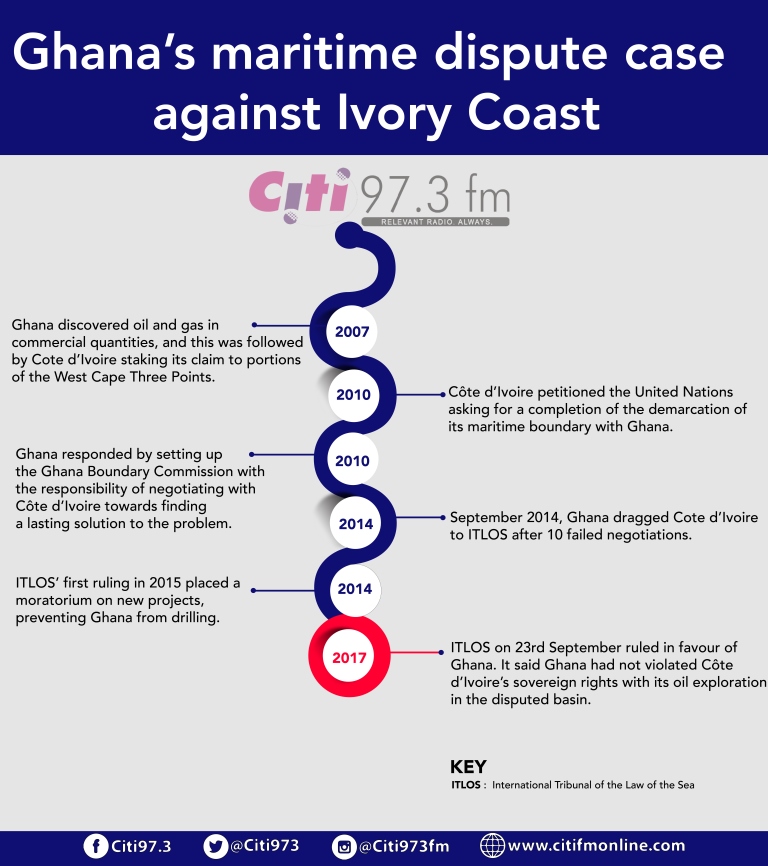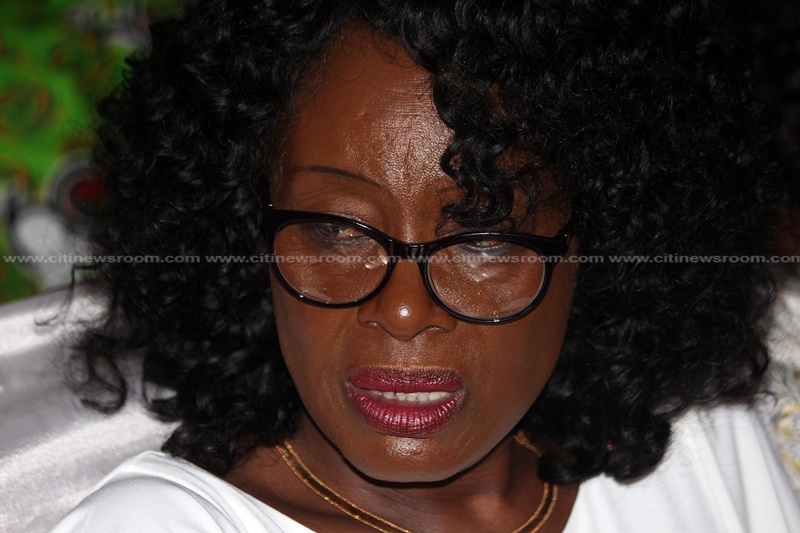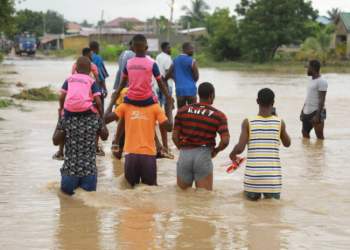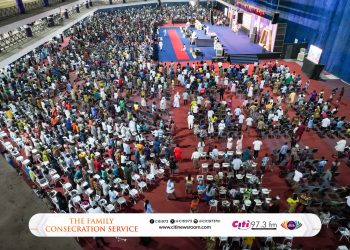Both Ghana and her Ivorian counterparts have agreed to implement the ruling of the Special Chamber of the International Tribunal for the Law of the Sea (ITLOS) on a maritime dispute between the two.
The agreement will among other things include plotting of the seven boundary coordinates as stipulated by ITLOS.
[contextly_sidebar id=”mjJrS59MyKd3CxoR1nWuvI8kyUKAnydy”]The special Chamber of ITLOS in October 2017, ruled in favour of Ghana. The tribunal rejected the argument by Cote d’ Ivoire that Ghana’s maritime boundaries were unstable.
The judgment also indicated that Ghana did not violate the sovereign rights of Cote d’ Ivoire in the exploitation of oil in the disputed region.

Reading a communique at the end of the second joint committee meeting, the Senior Minister of Ghana, Yaw Osafo Marfo said the agreement had brought finality to the matter.
“Ghana indicated at the beginning that it had reviewed the caps with the coordinate of the maritime boundary as provided by ITLOS, submitted to by Cote D’Ivoire at the May 2018 meeting in Abidjan and found it to be acceptable and principled,” he said.
Speaking to the media on the sidelines of the committee meeting, the Attorney General and Minister for Justice, Gloria Akuffo said the two countries have also entered into an agreement to curb future maritime disputes.
“A decision has been rendered, and that has put paid to the disputes regarding our common maritime boundary. These meetings are essentially are about implementing the decision of the tribunal, so what we are doing now is to make sure that we put all dispute being us as far as our boundary is concerned,” she said.
September last year, the Special Chamber of the International Tribunal of the Law of the Sea (ITLOS), as part of its judgment on a three-year boundary dispute between Ghana and Cote d’Ivoire, stated that Accra must not pay any compensation to Abidjan.
Cote d’Ivoire, as part of reliefs put forward, asked the Chamber to order Ghana to compensate them, because, in their view, Ghana benefited from a resource in its territorial waters.
They had argued that “reparation by equivalence or compensation should be envisaged both for the loss of hydrocarbon production for any damage that Ghana’s activities may have caused to the rocks and deposits.”
–
By: Farida Yusif/citinewsroom.com/Ghana











